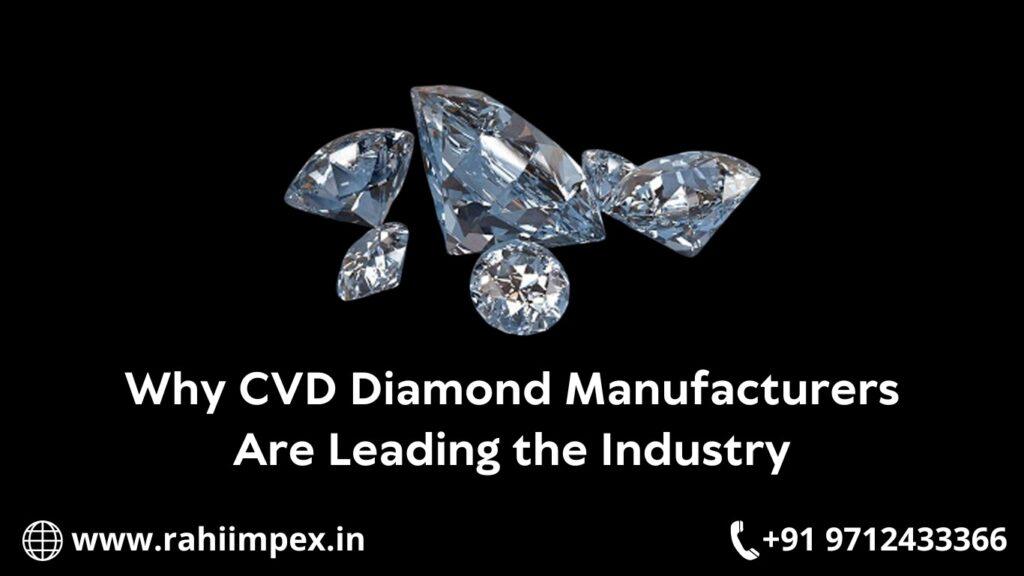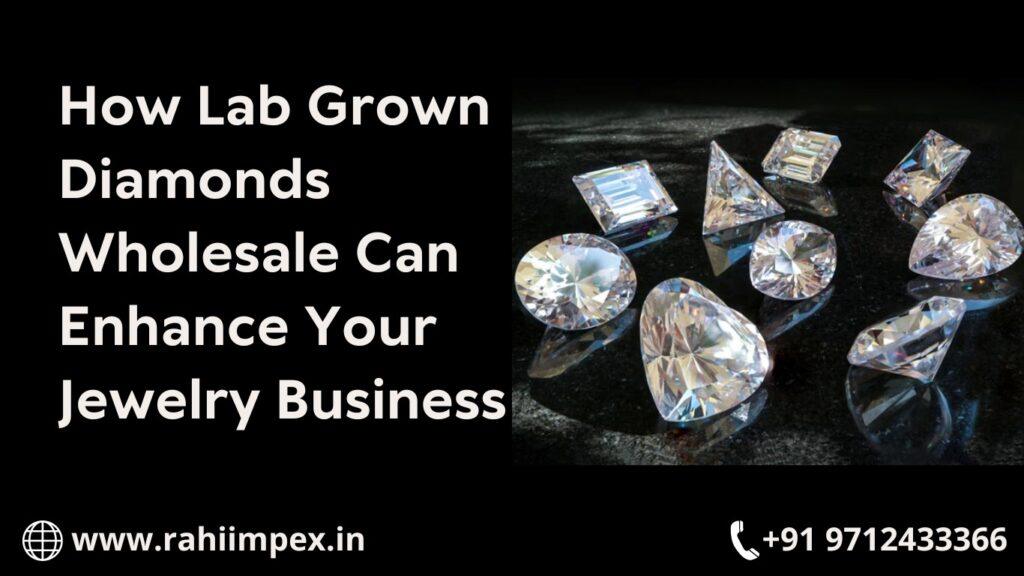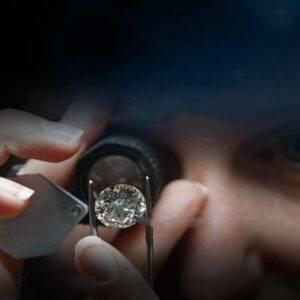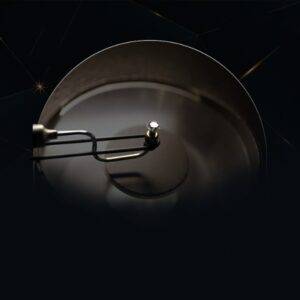Why CVD Diamond Manufacturers Are Leading the Industry
In recent years, the diamond industry has witnessed a remarkable transformation with the rise of lab grown diamonds. Among the various methods of creating synthetic diamonds, the Chemical Vapour Deposition (CVD) technique has emerged as a frontrunner. CVD diamond manufacturers are increasingly leading the industry, and there are several compelling reasons for this trend.
Understanding CVD Diamonds
Chemical Vapour Deposition (CVD) is a sophisticated method used to produce high-quality diamonds in a controlled laboratory environment. Unlike the High Pressure High Temperature (HPHT) method, which mimics the natural diamond formation process deep within the Earth, CVD involves the deposition of carbon atoms onto a diamond seed crystal. This process creates diamonds that are virtually identical to natural diamonds in terms of physical, chemical, and optical properties.
Advantages of CVD Diamonds
1. Superior Quality
One of the most significant advantages of CVD diamonds is their superior quality. The controlled environment in which CVD diamonds are grown allows for the production of stones with fewer inclusions and defects. This results in diamonds with exceptional clarity and color, often surpassing the quality of their natural counterparts.
2. Ethical and Sustainable
CVD diamonds are known for their ethical and sustainable production methods. Unlike natural diamonds, which can be associated with environmental degradation and human rights abuses, CVD diamonds are created in a laboratory setting, eliminating the need for mining. This makes them an attractive option for environmentally conscious consumers who seek ethically sourced gemstones.
3. Cost-Effectiveness
The CVD process is more cost-effective than traditional diamond mining and the HPHT method. This cost efficiency translates to lower prices for consumers, making high-quality diamonds more accessible to a broader audience. Despite being more affordable, CVD diamonds do not compromise on quality, making them a compelling choice for many buyers.
4. Technological Innovation
CVD diamond manufacturers are at the forefront of technological innovation. The precision and control offered by the CVD process allow for the creation of diamonds with specific properties, such as unique colors and larger sizes. This level of customization is difficult to achieve with natural diamonds, giving CVD diamonds a unique edge in the market.
Market Dynamics and Industry Leadership
Several market dynamics have contributed to the leadership of CVD diamond manufacturers in the industry:
1. Rising Consumer Awareness
Consumers today are more informed and conscious about the origins of their purchases. The increasing awareness of the environmental and ethical issues associated with natural diamonds has driven the demand for lab-grown alternatives. CVD diamonds, with their high quality and ethical production, have become the preferred choice for many discerning buyers.
2. Industry Acceptance
The jewellery industry has gradually embraced lab grown diamonds, recognizing their value and appeal. Major jewellery brands and retailers now offer CVD diamonds, validating their quality and expanding their market reach. This acceptance has played a crucial role in establishing CVD diamonds as a mainstream choice.
3. Investment in Research and Development
CVD diamond manufacturers invest heavily in research and development to continuously improve their processes and products. This commitment to innovation ensures that they stay ahead of the curve, offering consumers the best in lab-grown diamond technology. The continuous improvements in the CVD process have led to higher-quality diamonds and greater production efficiency.
4. Competitive Pricing
The cost-effectiveness of the CVD process allows manufacturers to offer competitive pricing, making CVD diamonds an attractive alternative to both natural diamonds and other lab-grown diamonds. This pricing advantage has helped CVD diamond manufacturers capture a significant share of the market, further solidifying their leadership position.
The Future of CVD Diamonds
The future of CVD diamonds looks incredibly promising. As technology advances and consumer preferences continue to shift towards ethical and sustainable products, CVD diamond manufacturers are well-positioned to dominate the industry. The combination of superior quality, ethical production, and cost-effectiveness makes CVD diamonds an appealing choice for a wide range of consumers.
Conclusion
CVD diamond manufacturers are leading the industry due to their ability to produce high-quality, ethical, and affordable diamonds. Their commitment to technological innovation, coupled with growing consumer awareness and industry acceptance, positions them as a dominant force in the diamond market. As the demand for sustainable and ethically sourced products continues to rise, the prominence of CVD diamonds is expected to grow, shining brightly as the future of the diamond industry.
Why CVD Diamond Manufacturers Are Leading the Industry Read More »







